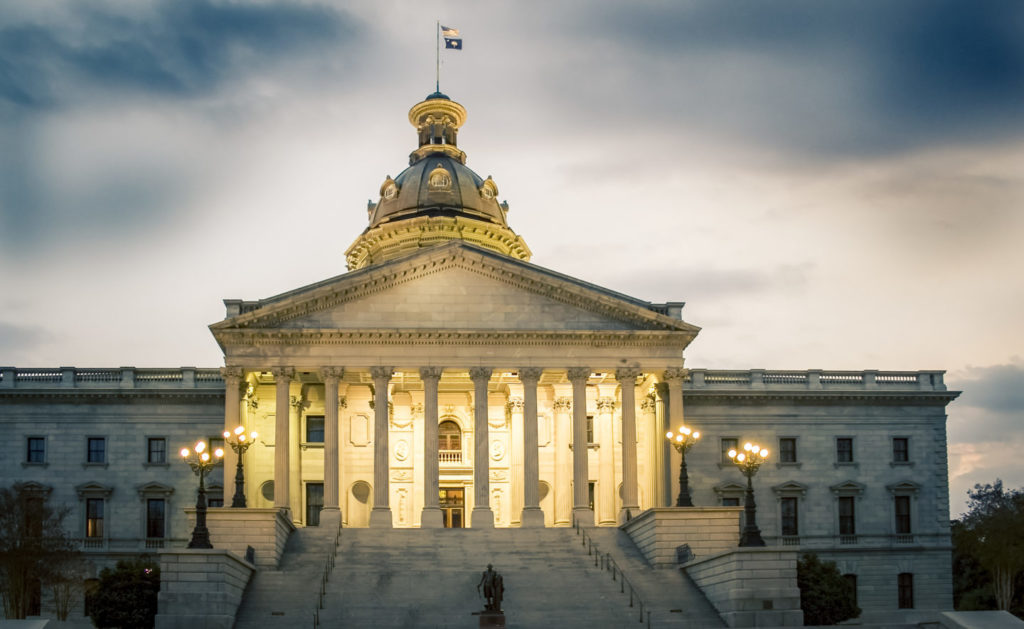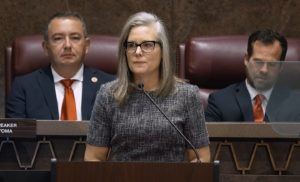S.C. should trust parents to make the best education choices for their kids
(reimaginED) – Should schools do more to train students for the workforce, or focus on the three R’s? South Carolina K-12 officials have been debating that very question lately. A few education…

(reimaginED) – Should schools do more to train students for the workforce, or focus on the three R’s? South Carolina K-12 officials have been debating that very question lately. A few education experts from around the country also chimed in, according to a local report.
State lawmakers, though, are moving in a different direction that focuses on the real experts: parents.
Last week, the Greenville News profiled several area schools that emphasize science, technology, engineering and math (STEM) in partnership with local businesses and engineering firms. The exposure to qualified professionals is laudable, and Greenville schools’ superintendent Burke Royster says he doesn’t want elementary students to be “locked in” to a certain career in second grade.
Yet Royster’s position has not forestalled debate. According to the News, some observers say schools shouldn’t shoulder the responsibility for training students with specific job skills, while others say schools should do more to “return value to the American people” than to “return value to shareholders.”
Giving students a better understanding of potential jobs before they enter the workforce is valuable, and basic economics teaches that returning value to shareholders results in returning value to the American people — because many of us are, of course, either shareholders or employees who benefit from investments or both.
But the real problem is that educators are asking the right questions about the nature of education to the wrong people.
Fortunately, state lawmakers are considering a proposal again this year to create education savings accounts, which would create private accounts that parents can use to buy education products and services for their children. Families can then solve for themselves the age-old question about schools and the workforce that elites are debating for them.
Lawmakers almost adopted a similar proposal last year, but negotiations over the scope of the proposal failed near the end of the legislative session. State lawmakers who supported the effort last year and again this session deserve credit for minding the details with such a proposal.
This year’s proposal, which is being debated and revised in committee now, would create an “Education Scholarship Trust Fund” and allow children from low-income families and children with special needs to access the accounts. Parents could use the accounts to purchase textbooks, pay private school tuition, pay for industry certification exams, education therapy and more — all at once or in different combinations, if they chose. The latest revisions to proposal would require account holders to take the state test, language that spoils an otherwise promising proposal and a provision that is sure to scare parents and schools away from the accounts.
These accounts are quickly spreading across the country. Last year, Arizona lawmakers expanded their accounts so that every child in the state can apply. West Virginia offers accounts to nearly every child in the state. Florida, Tennessee, North Carolina, Mississippi, Missouri, Indiana, and New Hampshire also offer families and students the option to choose how and where their children learn with similar accounts.
South Carolina’s proposal eases the state into an account-style system, capping participation at 5,000 children in the first three years and limiting participation to 15,000 children after that. After Arizona expanded its eligibility provisions for the accounts, the state department of education received some 22,500 new applications, so South Carolina officials should be prepared for more families to express interest than the cap allows. The U.S. Department of Education has reported that traditional public schools are enrolling 1.4 million fewer students post-COVID than before the pandemic, so parents are clearly looking elsewhere.
Last fall, Gallup found that 55 percent of Americans were dissatisfied with K-12 education in the U.S., a sharp increase in dissatisfaction since 2020. When asked why they were dissatisfied, more than one-quarter of respondents said they were not satisfied with school curriculum or the subjects that schools were choosing to focus on. Still another 9 percent said students were not learning life skills, which means that some families value job training ahead of traditional academic skills, with others valuing math and reading more.
Education officials cannot — and should not — settle this question for every family. South Carolina has another chance to give families the ability to choose what is best for children, and while school officials can discuss the merit of their different instructional approaches, no one should be debating whether parents should have the ability to choose between them.



